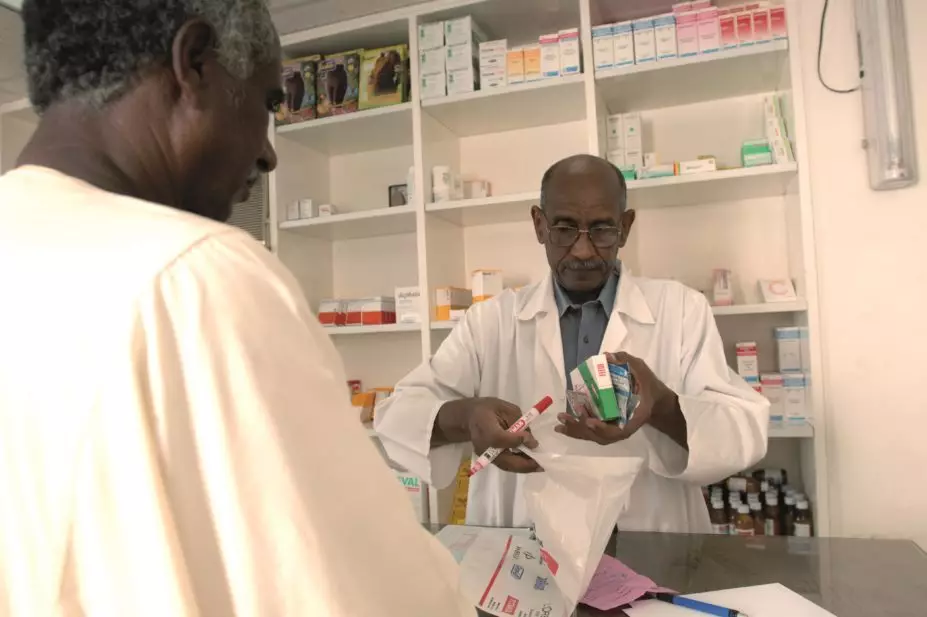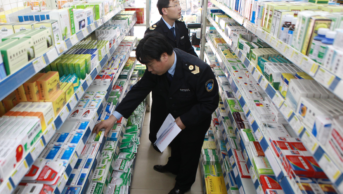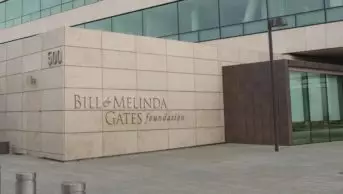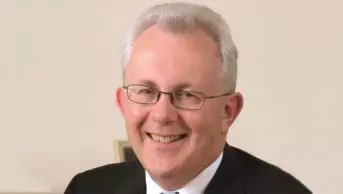
Increasing pharmaceutical production in developing countries — especially in sub-Saharan Africa — through public, private and mixed partnerships, or regional initiatives for licensing of production for generics, could improve access to affordable medicines, experts say.
Access to medicines for developing countries “has been an elusive target, often because of inadequate insurance coverage, low incomes and ineffective price regulations”, James Zhan, director for investment and enterprise at the UN Conference on Trade and Development, told a UNCTAD global forum on sustainable investment, in Geneva, held on 14–17 October 2014.
To mitigate against these constraints, an option being pursued in some developing countries, Zhan said, is the encouragement of local manufacture of medicines.
The forum concentrated on the challenges and opportunities for Africa, the region with the lowest capacity and the biggest global disease burden.
As Michel Sidibé, executive director of UNAIDS, noted, the African continent “has 25% of the world’s disease burden but consumes less than 1% of the global health expenditure. We need to change this paradigm.” Sidebé, a Malian national, said Africa’s capacity for research and development, and production of medicines, “was among the lowest in the world today”.
According to UNCTAD data, South Africa has about 79 pharmaceutical factories, Nigeria, 75, Ghana, 23, Kenya, 17, and Uganda 10 factories. According to this count, Nigeria has more plants now than all of Africa in 2005.
Neville Bradford, chief executive officer of Cipla quality industries Ltd, based in Kampala, Uganda, which manufactures seven anti-retrovirals (ARVs) and an anti-malaria drug, said there is a need for “strong regulatory mechanisms”.
Another organisation, the Medicines Patent Pool (MPP), seeks to improve access to affordable HIV medicines and technologies for people living with HIV in poor countries through a range of partnerships with industry stakeholders. It facilitates generic low-cost production by creating a pool of patents for sub-licensing and product development.
“It should not be all about increasing access per se, but increasing access to better therapies,” said Greg Perry, MPP’s executive director. Perry also emphasised the importance of assured quality in the local manufacture of products. He said that regulatory capacity needed to be improved.
Jorge Berdudez, vice-president of Brazil’s Fundação Oswaldo Cruz, speaking from his country’s long experience in nurturing local production, said “affordability” was crucial to have access to medicines.
Zafar Mirza, coordinator of public health, innovation and intellectual property at the World Health Organization, said that improved access to medicine with the right to universal health must be at the centre of any local production venture and observed that while Nigeria has many pharmaceutical plants, 80% of people that require ARV treatment cannot get access.
Zhan said developments, such as the expiration of patents on blockbuster medicines, have opened up opportunities for developing countries and the least developed countries for the sustainable manufacture of generic drugs.


